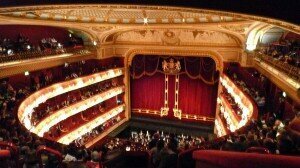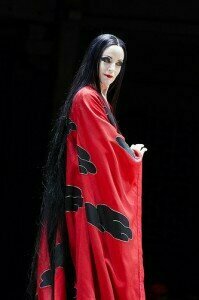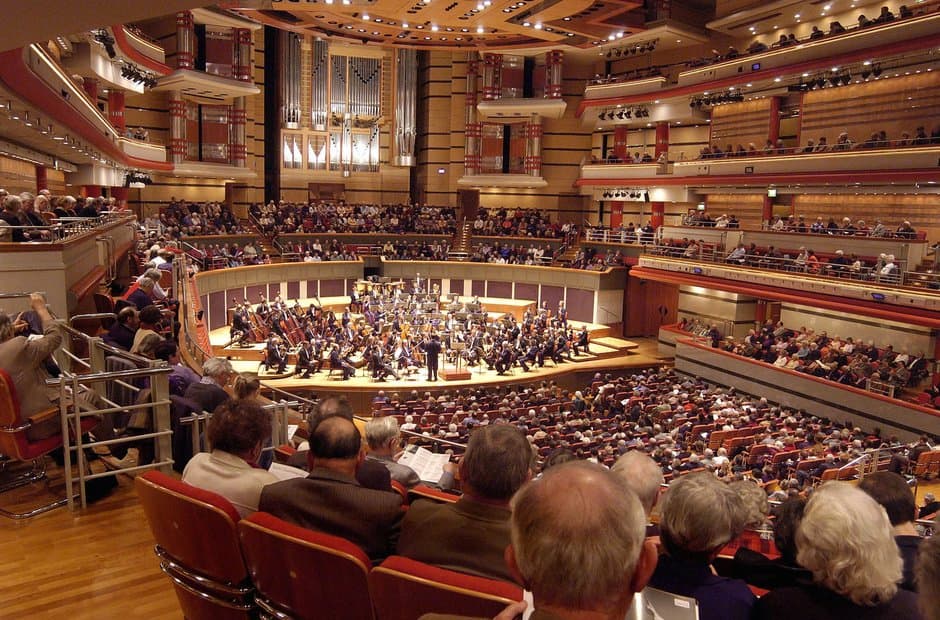 [Opera is] more than entertainment. Opera offers an insight into the complexities of the human psyche – it is a metaphor for, or an exposition, even, of our own personal dreams and nightmares…
[Opera is] more than entertainment. Opera offers an insight into the complexities of the human psyche – it is a metaphor for, or an exposition, even, of our own personal dreams and nightmares…
– Kevin Volans, composer
Last week my best friend went to the opera for the very first time. And not just any old opera, she went to see the final dress rehearsal of Puccini’s ‘Turandot’ at London’s magnificently plush and gilded Royal Opera House (“the one with that aria they sing at the World Cup” as she put it). She texted during the interval to tell me about it – “It’s so beautiful!” and “OMG it’s incredible!“, and the next day, over lunch, she described the experience in detail to me – the venue, the music, the narrative. For someone who claims to “know nothing about classical music“, her descriptions of the music and the story-line were articulate, intelligent and heartfelt. She spoke of how the music swelled in passion, holding her in suspense, only to pull back from the brink; how the singers interacted on stage, the impressive tone of their voices, the incredible sound of the chorus; the magnificent setting, and many other details large and small which, for her (and many like her, myself included) make opera one of the most exciting and engaging art forms. She even expressed frustration at the intervals, which, for her, disrupted the flow of the performance. She admitted she had gone to the performance with many preconceptions – that she would feel out of place in the audience (she didn’t), that the audience would be very highbrow (they weren’t), that she wouldn’t be able to understand the narrative (she did) and that she might find the experience boring (she didn’t). Instead, she found the experience immersive, emotional and exciting, echoing the quote at the beginning of this article, that “all human life is right there, in the opera!“.
Pavarotti – Nessun Dorma

Credit: Royal Opera House, London
Far from being “inaccessible”, opera is full of memorable, hummable tunes. I bet most people could hum Bizet’s Toreador’s Song (from Carmen), or the magical duet from The Pearl Fishers, and of course my friend recognised ‘Nessun Dorma’ (from Turandot), because it has been elevated to the rank of a sports anthem. We hear excerpts from opera in film and tv soundtracks, and in adverts, so embedded is this art form in our Western cultural landscape. And as my friend discovered, to her surprise and delight, opera is rather more relaxed than the “sitting in the dark in hushed reverence” atmosphere of, say, the Wigmore Hall, and the etiquette of opera-going is looser. For example, you can applaud after a particularly fine aria or chorus set-piece and no one glares at you as if you have committed some major musical faux pas, and there is a very tangible sense of shared experience.
“Please can we go to an opera together?” my friend asked and I assured her that we will go very soon. It will be fun to go with opera’s newest fan!
Flower duet – Anna Netrebko & Elina Garanca (Lakmé de Delibes)




